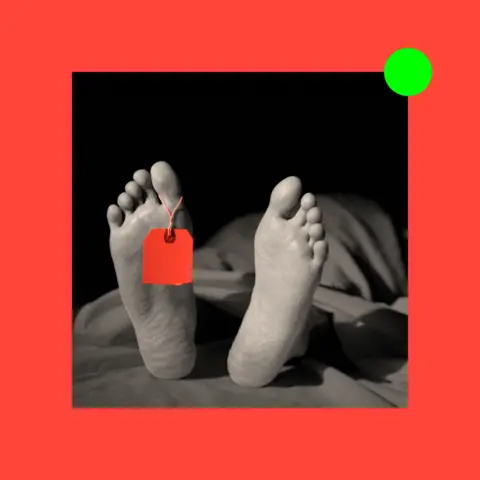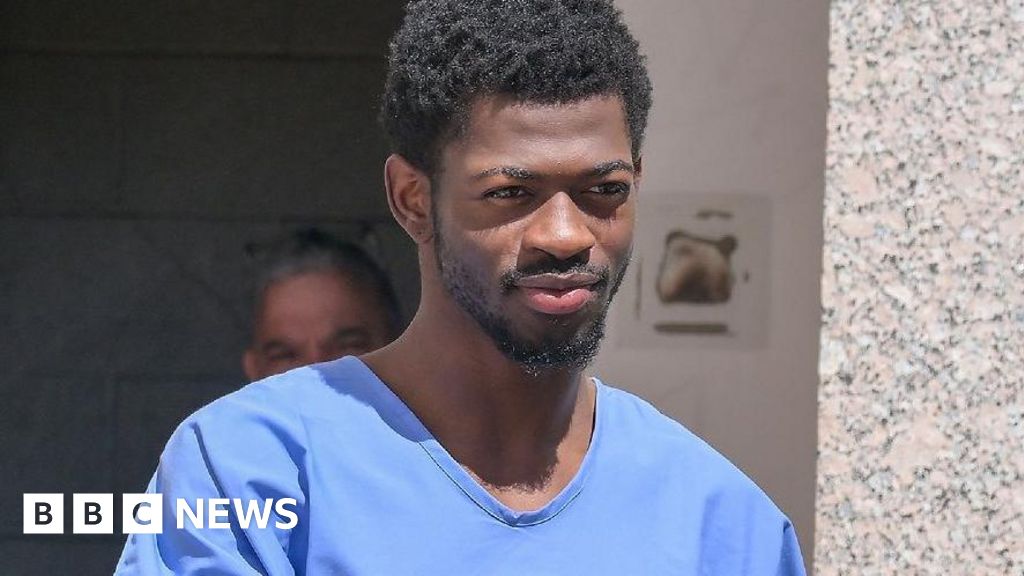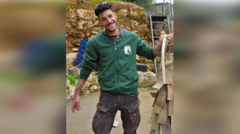One of the most legendary blood donors in the world, James Harrison, renowned for saving the lives of over 2.4 million babies, has passed away peacefully at the age of 88 at a nursing home in New South Wales, Australia. His family confirmed that he died in his sleep on February 17. Known affectionately in Australia as the man with the golden arm, Harrison was celebrated for his blood plasma, which contained a rare antibody called Anti-D. This crucial component is used in medication administered to pregnant women whose blood threatens the health of their unborn children.
Harrison's pathway to donation began when he received transfusions during necessary chest surgery at the age of 14. Subsequently, at 18, he began donating his plasma every two weeks and sustained this remarkable commitment until he was 81. In 2005, he held the world record for the most blood plasma donated, a title that remained until 2022 when another donor in the United States surpassed him.
Tracey Mellowship, Harrison's daughter, remarked that her father was immensely proud of his ability to save countless lives without causing pain or suffering. Mellowship, along with two of Harrison's grandchildren, also benefited from Anti-D immunizations, exemplifying the personal impact of his contributions. Anti-D injections shield unborn babies from a life-threatening blood disorder known as hemolytic disease of the fetus and newborn (HDFN). Prior to the advent of Anti-D treatments in the mid-1960s, the prognosis for babies diagnosed with HDFN was grim, with one in two not surviving the condition.
While the exact reason for Harrison's unusually high levels of Anti-D remains unclear, some speculate it might be linked to the significant blood transfusions he received at a young age. Although there are fewer than 200 dedicated Anti-D donors in Australia, they currently assist around 45,000 mothers and infants each year, as reported by the Australian Red Cross Blood Service, also known as Lifeblood.
Lifeblood is currently collaborating with the Walter and Eliza Hall Institute of Medical Research in Australia to explore lab-grown Anti-D antibodies. Researchers are working to replicate Harrison's unique blood composition as a potential future solution to assist pregnant women globally. David Irving, Lifeblood’s research director, emphasized the dire need for consistent donations and high-quality antibody production, underscoring the importance of Harrison's legacy in the medical field.




















